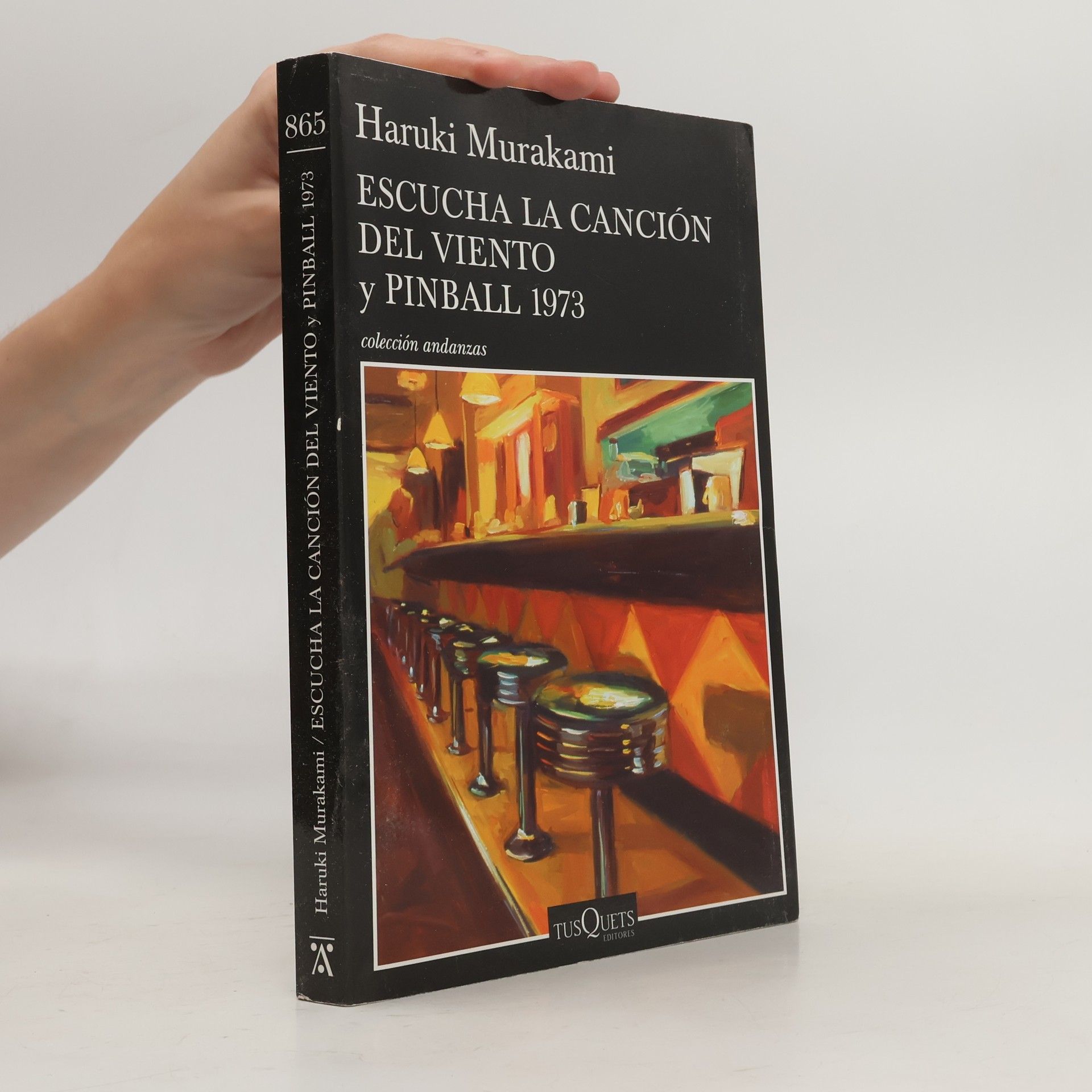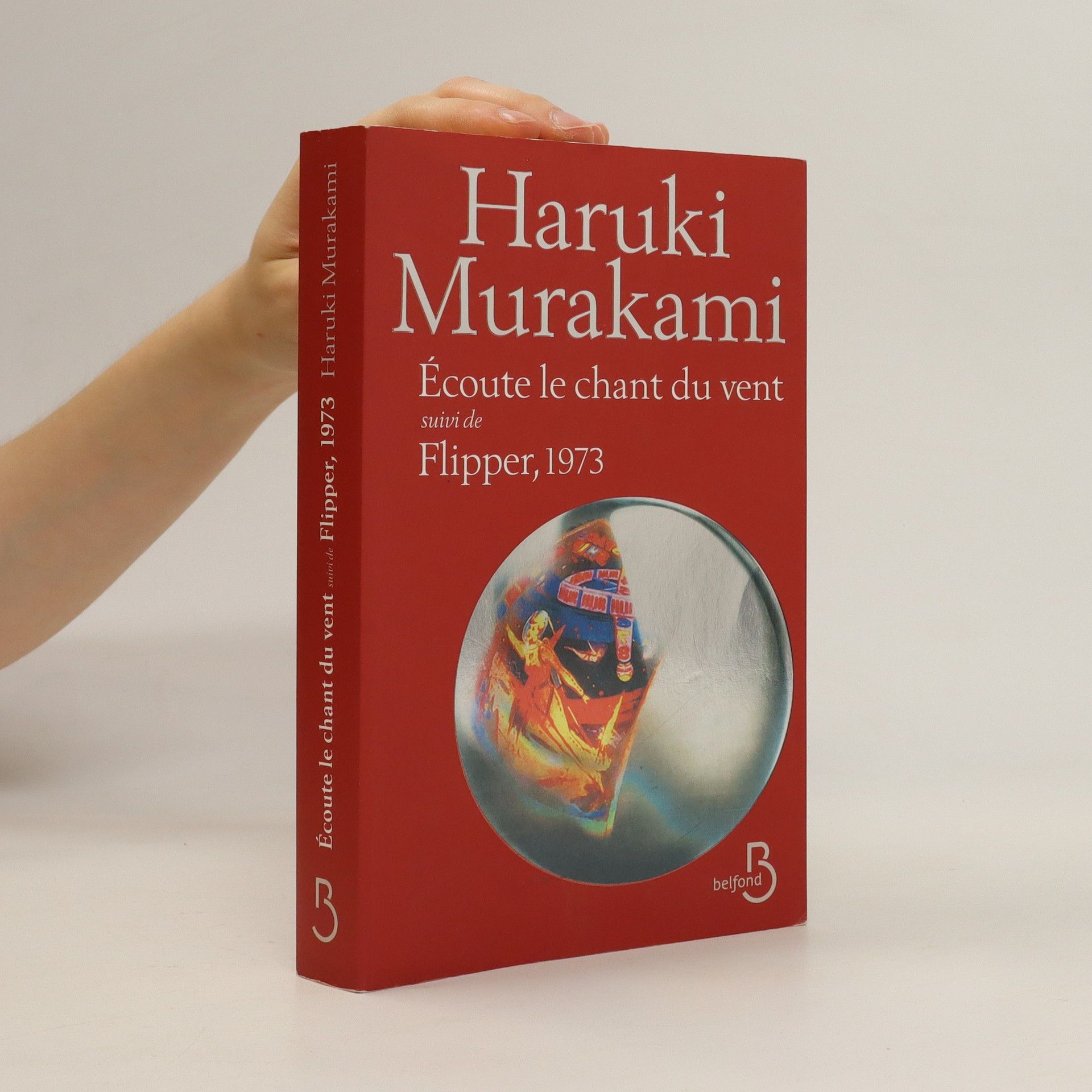Hear the Wind Sing is Murakami's first novel, available for the first time in English outside Japan. In Hear the Wind Sing the narrator is home from college on his summer break. He spends his time drinking beer and smoking in Jâe(tm)s Bar with the Rat, listening to the radio, thinking about writing and the women he has slept with, and pursuing a relationship with a girl with nine fingers. The story of the narrator, the Rat and J continues in Pinball, 1973.
De ratReeks
Deze serie duikt in de diepgaande thema's eenzaamheid, obsessie en het gevoelige innerlijke leven van jongvolwassenen op de drempel van volwassenheid. Het vermengt meesterlijk realiteit met surrealisme en biedt lezers een uniek perspectief op de introspectieve reizen van de personages. Verwacht melancholische, maar boeiende verhalen die complexe relaties en de zoektocht naar betekenis in een hedendaagse setting verkennen.

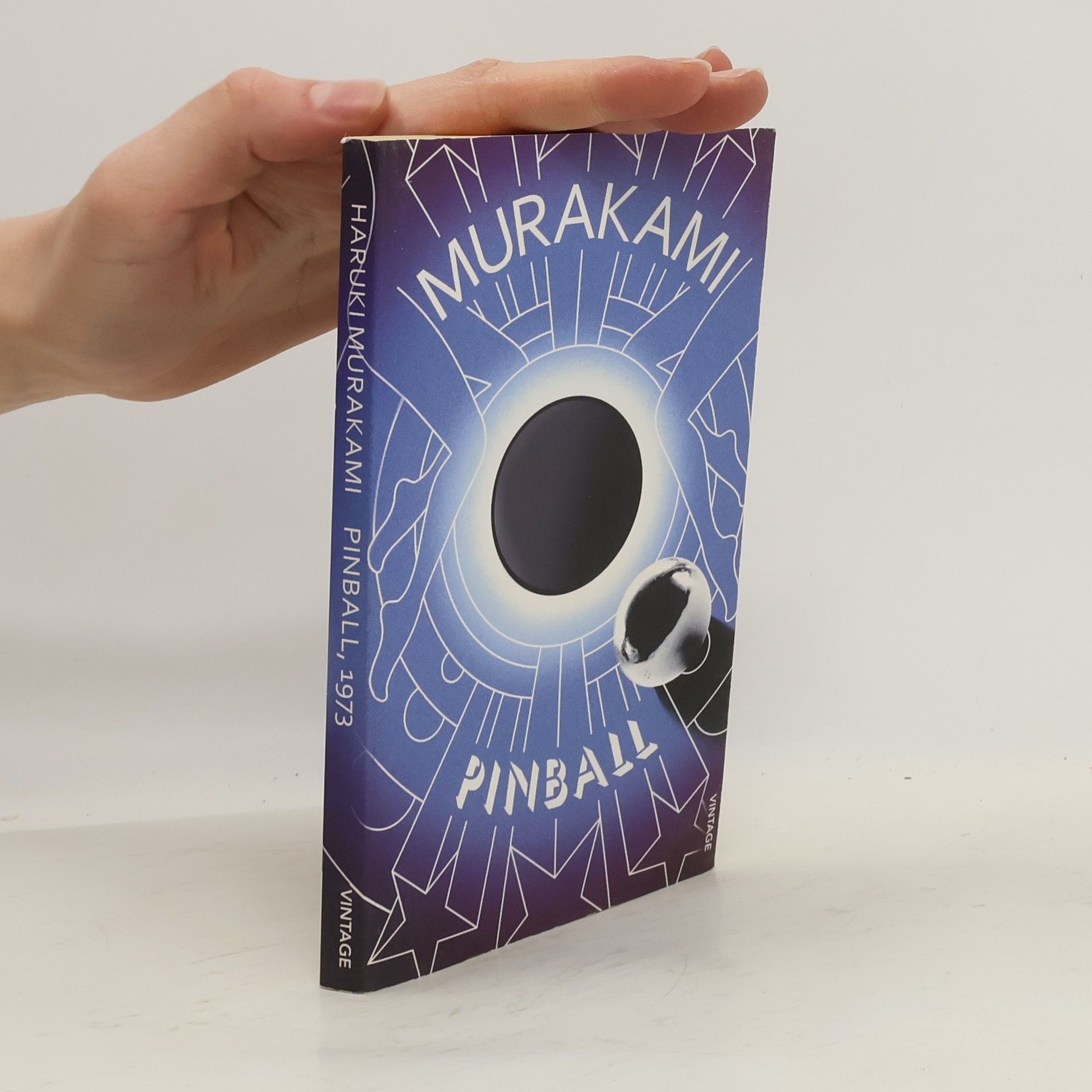
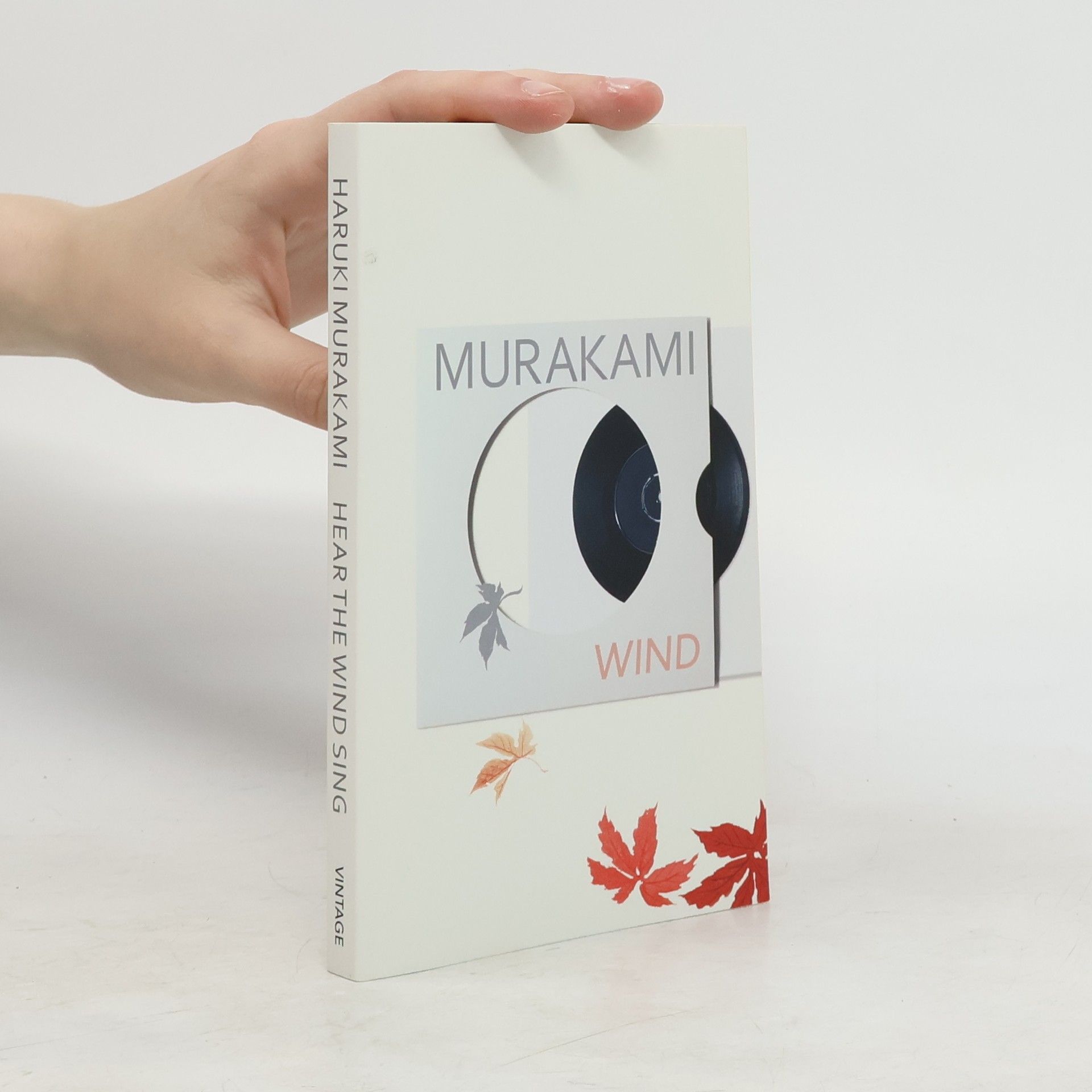
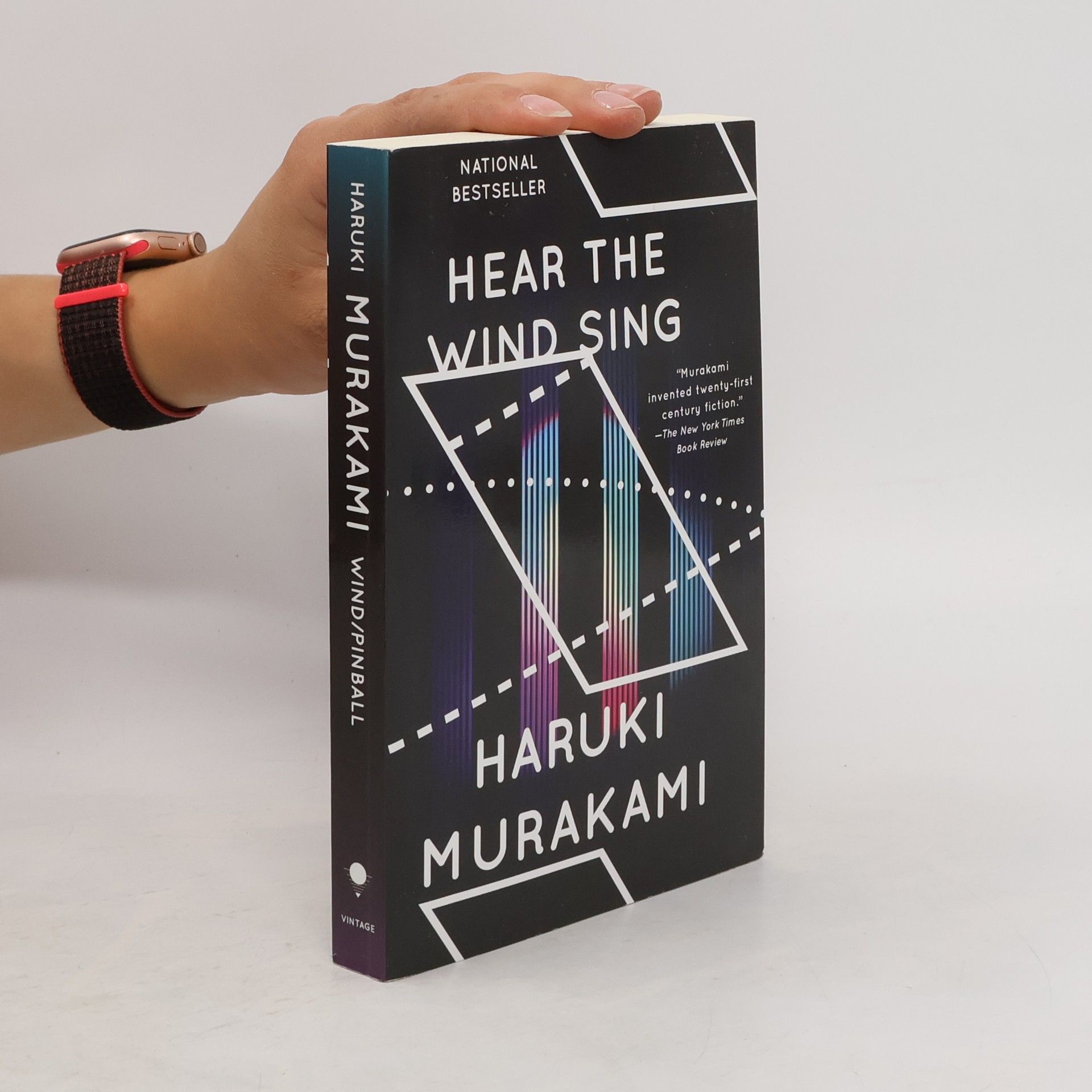

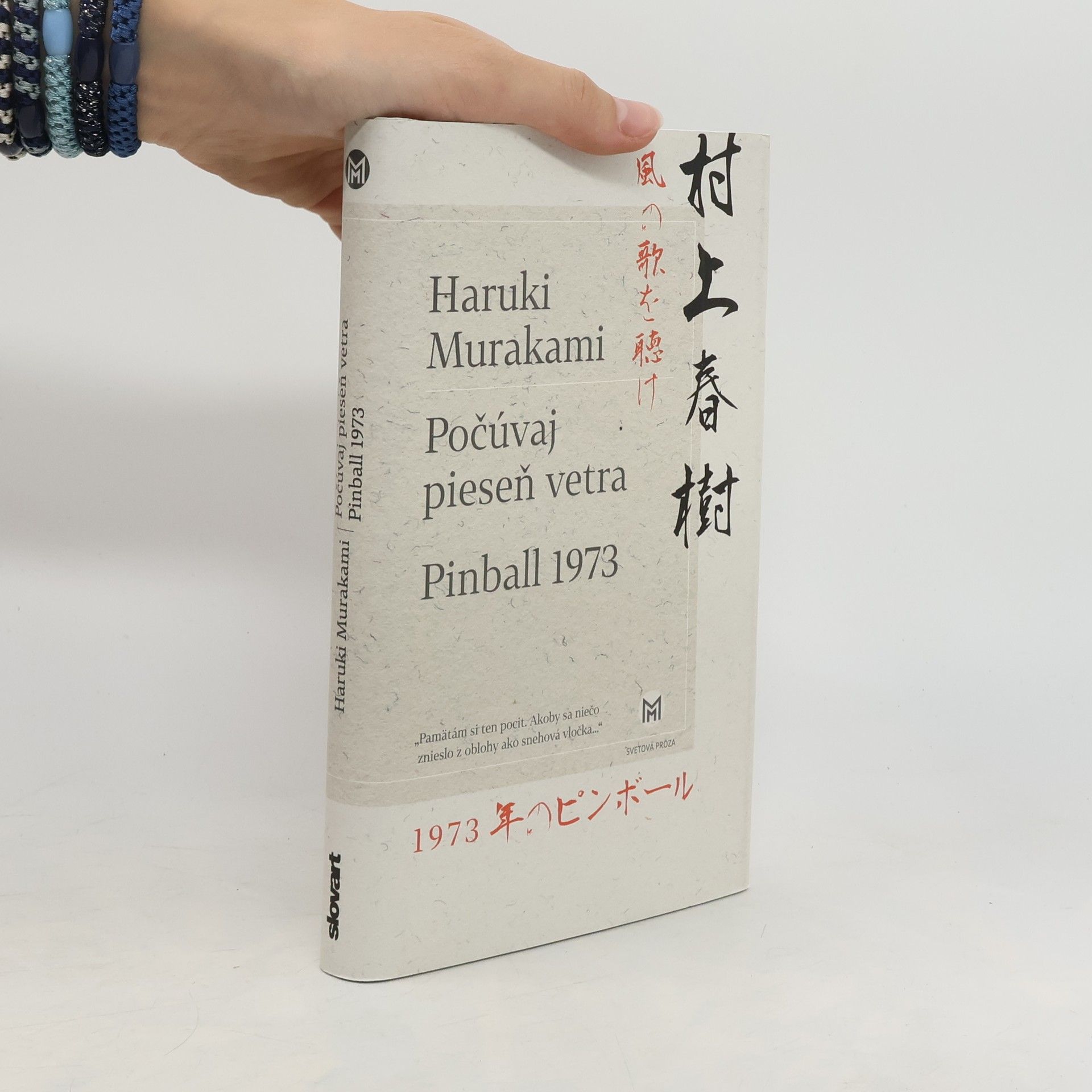
Aanbevolen leesvolgorde
- 1
- 2
Pinball, 1973 is Murakami's second novel, available for the first time in English outside Japan. With a new introduction by the author. Hear the Wind Sing and Pinball, 1973 are Haruki Murakamiâe(tm)s earliest novels. They follow the fortunes of the narrator and his friend, known only by his nickname, the Rat. Pinball, 1973 picks up three years after the events of Hear the Wind Sing. The narrator has moved to Tokyo to work as a translator and live with indistinguishable twin girls, but the Rat has remained behind, despite his efforts to leave both the town and his girlfriend. The narrator finds himself haunted by memories of his own doomed relationship but also, more bizarrely, by his short-lived obsession with playing pinball in Jâe(tm)s Bar. This sends him on a quest to find the exact model of pinball machine he had enjoyed playing years earlier: the three-flipper Spaceship.
- 3
His life was like his recurring nightmare: a train to nowhere. But an ordinary life has a way of taking an extraordinary turn. Add a girl whose ears are so exquisite that, when uncovered, they improve sex a thousand-fold, a runaway friend, a rightwing politico, an ovine-obsessed professor and a manic depressive in a sheep outfit, implicate them in a hunt for a sheep. that may or may not be running the world, and the upshot is another singular masterpiece from Japan's finest novelist.
- 4
Dance dance dance
- 400bladzijden
- 14 uur lezen
Alternate cover edition here.High-class call girls billed to Mastercard. A psychic 13-year-old dropout with a passion for Talking Heads. A hunky matinee idol doomed to play dentists and teachers. A one-armed beach-combing poet, an uptight hotel clerk and one very bemused narrator caught in the web of advanced capitalist mayhem. Combine this offbeat cast of characters with Murakami's idiosyncratic prose and out comes Dance Dance Dance.
Haruki Murakami si na jar v roku 1978 sadol za kuchynský stôl a začal písať. Napísal dve pozoruhodné novely Počúvaj pieseň vetra (1979) a Pinball 1973 (1980), ktorými sa začala kariéra jedného z najuznávanejších súčasných spisovateľov. Hrdinovia oboch príbehov o osamelosti, posadnutosti a erotike sú bezmenný rozprávač a jeho priateľ Krysa, stojaci na prahu dospelosti. Aj pre tieto autorove rané prózy sú typické charakteristické znaky jeho neskorších kníh, ktoré sa vyznačujú až surrealistickým vnímaním reality.
Murakamis »verlorene Romane« – seine frühen Werke auf Deutsch! ›Wenn der Wind singt‹, Haruki Murakamis Debüt, folgt einem namenlosen 21-jährigen Studenten, der die Semesterferien (und damit den August 1970) in seinem kleinen Heimatort verbringt. Die Zeit vertreibt er sich mit seinem besten Freund, genannt »Ratte«, einem Mädchen mit vier Fingern an der linken Hand und einem Barkeeper. Die Handlung von ›Pinball 1973‹ setzt drei Jahre später ein. Der junge Mann lebt inzwischen in Tokio, während die »Ratte« immer noch in »J.’s Bar« darauf wartet, dass das Leben losgeht. Ein melancholischer, atmosphärisch dichter Roman, der zudem die wohl besten Flipperszenen der Literaturgeschichte enthält. Nach langem Zögern hat Haruki Murakami die Bitten seiner Lesergemeinde erhört und der Veröffentlichung dieser außerhalb Japans nie erschienenen Frühwerke zugestimmt. Zusammen mit ›Wilde Schafsjagd‹ (DuMont 2005) bilden sie die »Trilogie der Ratte«, die erst 35 Jahren nach Erscheinen in Japan ins Deutsche übersetzt wurde. Murakamis berühmter »Boku«-Erzähler wurde hier erstmals dem Publikum vorgestellt. Eine kleine Sensation, nicht nur für eingefleischte Murakami-Fans.
Hear the Wind Sing
- 256bladzijden
- 9 uur lezen
NATIONAL BESTSELLER Wind/Pinball, a unique two-in-one volume, includes, on one side, Murakami’s first novel Hear the Wind Sing. When you flip the book over, you can read his second novel, Pinball, 1973. Each book has its own stunning cover. In the spring of 1978, a young Haruki Murakami sat down at his kitchen table and began to write. The result: two remarkable short novels—Hear the Wind Sing and Pinball, 1973—that launched the career of one of the most acclaimed authors of our time. These powerful, at times surreal, works about two young men coming of age—the unnamed narrator and his friend the Rat—are stories of loneliness, obsession, and eroticism. They bear all the hallmarks of Murakami’s later books, and form the first two-thirds, with A Wild Sheep Chase, of the trilogy of the Rat. Widely available in English for the first time ever, newly translated, and featuring a new introduction by Murakami himself, Wind/Pinball gives us a fascinating insight into a great writer’s beginnings.
Escucha la canción del viento y Pinball 1973
- 288bladzijden
- 11 uur lezen
El origen del mito Murakami: las dos primeras novelas del célebre autor japonés, en un solo volumen. Escucha la canción del viento (1979), la ópera prima de Murakami, sigue a un estudiante de veintiún años, sin nombre, de vacaciones en su ciudad natal, en agosto de 1970. El joven pasa el tiempo en compañía de su mejor amigo, apodado el «Rata», una chica con cuatro dedos en la mano izquierda y un barman. A estos personajes se suma la fi gura de un escritor (inventado): Derek Heartfield, con quien se abre y se cierra la obra. Pinball 1973 (1980) se desarrolla tres años después. Ese mismo joven vive ahora en Tokio, con dos gemelas idénticas, mientras el «Rata» sigue viendo pasar la vida en el J.’s Bar. Una novela melancólica (con gatos, pozos y antiguas novias), en una atmósfera poética, que contiene las mejores escenas de pinball de la historia de la literatura.
Después de darle muchas vueltas, Haruki Murakami ha atendido por fin a las peticiones de sus lectores y ha accedido a que se traduzcan estas dos obras tempranas, sólo publicadas en japonés e inglés, al tiempo que ha añadido un Prólogo donde relata su génesis. Escucha la canción del viento (1979), ópera prima del autor, sigue las vicisitudes de un joven estudiante que, durante unas vacaciones en su ciudad natal, disfruta de la compañía de su mejor y original amigo, apodado «el Rata», una chica con cuatro dedos y el barman del Jay's Bar, personajes a los que se suma la figura de un escritor suicida (e inventado): Derek Heartfield, con quien se abre y se cierra la obra. Tres años después, en Pinball 1973 (1980), ese mismo joven vive en Tokio, con dos gemelas idénticas, mientras «el Rata» sigue viendo pasar la vida en el Jay's Bar, en una novela melancólica (con gatos, pozos y antiguas novias) y de atmósfera poética, que contiene las mejores escenas de pinball de la historia de la literatura.
J'ecrivais toujours sur la table de la cuisine, tard dans la nuit, jusqu'au petit matin. C'est la raison pour laquelle je nomme ces deux romans ecrits sur la table de la cuisine. Avec beaucoup d'amour et une certaine gene... Pour rien au monde je ne voudrais les changer. Un peu comme de tres vieux amis. Peut-etre que je ne les rencontrerai plus, que je ne leur parlerai plus, mais il est certain que jamais je ne les oublierai. Ils sont precieux pour moi, irremplacables. Ils m'encouragent, me rechauffent le c ur. Apres trente-sept ans, Haruki Murakami autorise enfin la publication de ses deux premiers romans, Ecoute le chant du vent, laureat du prestigieux prix Gunzo 1979, suivi de Flipper, 1973, tous deux jusqu'ici inedits en France. Enfin traduits et reunis en un seul volume, precedes d'une preface de Murakami qui en explique la genese, ils composent les deux premiers tomes de la trilogie du Rat, que clot La Course au mouton sauvage."
Słuchaj pieśni wiatru i Flipper roku 1973 to dwie najwcześniejsze powieści Harukiego Murakamiego nigdy niepublikowane dotąd w Europie ani Stanach Zjednoczonych. Są to również dwie pierwsze części tak zwanej „tetralogii Szczura”, do której należą Przygoda z owcą i Tańcz, tańcz, tańcz. Ukazanie się ich w Polsce to prawdziwa gratka dla miłośników Murakamiego. Po raz pierwszy pojawia się w nich bezimienny bohater dobrze znany z kolejnych powieści, jego przyjaciel Szczur, chiński barman Jay, a także Naoko z Norwegian Wood. Akcja obu utworów toczy się we wczesnych latach siedemdziesiątych. W pierwszym, bohater jest studentem i spędza letnie wakacje w rodzinnym mieście w okolicach Kobe, w drugim ma dwadzieścia kilka lat i prowadzi z kolegą firmę tłumaczeniową. Jak zwykle u Murakamiego obie powieści przepełnione są muzyką popularną i klasyczną, aluzjami do filmów i książek, ale znajdziemy też cytat z ewangelii wg św. Mateusza, historie o Trockim, o tajemniczych bliźniaczkach, opowieść o konstruktorze flippera i stosunkach społecznych panujących na planecie Wenus...


